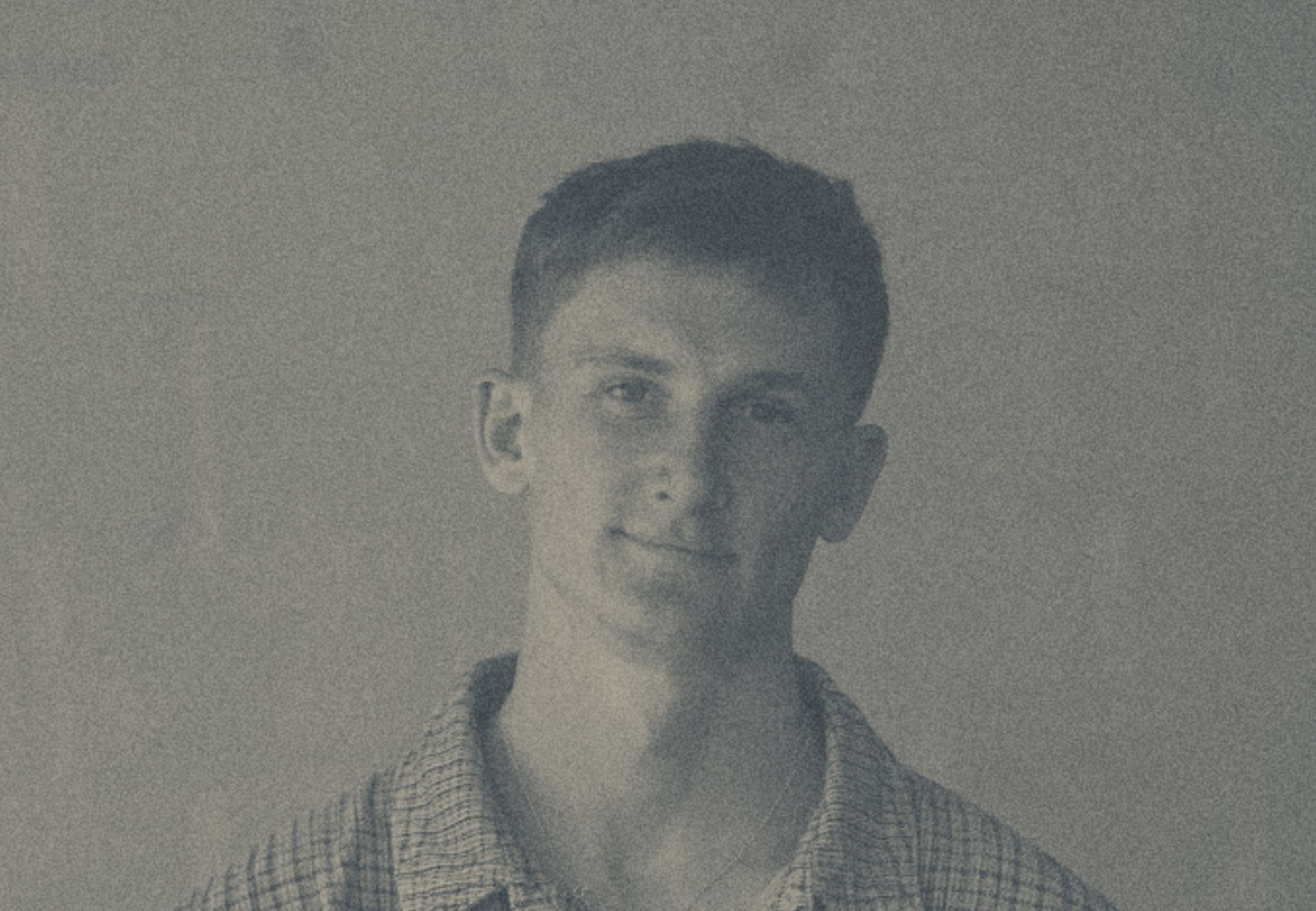Interview with Wil Brown of Figuring Things Out
Wil Brown of Figuring Things Out.
The Peel is a series of mini-interviews with friends of the studio exploring concepts around regeneration. How can we regenerate the individual? The body? The mind? Society? Our first conversation kicked off with movement coach Will Brown…
How does your work explore concepts of regeneration?
I work in an intensely physical way, constantly pushing personal limits. But to push limits, energy and resources must be balanced—what goes up must come down.
I use a wave-like approach, where peaks of effort are matched by regenerative troughs. In traditional training, these are called ‘deloads,’ but I prefer the term ‘reloads’—it reframes rest as an essential preparation for future progress. This shift in language helps both me and my clients embrace recovery as a necessity rather than a setback.
This principle extends beyond movement. Creative projects, for example, also require intentional space for reflection. I’ve learned that relentless effort without pause isn’t sustainable in training—or in life.
Bouldering.
How do you personally recharge when feeling depleted?
My personal regenerative practices vary depending on location, time, and availability. But three core tools are:
A. Shaking. A quick and effective way to release tension, kick-start recovery, and reset the nervous system. Like a duck shaking water off its back, I aim to feel my soft tissues turn to jelly. Paired with deep, slow exhalations, it’s a simple yet powerful practice that can be done standing, lying down, or even in a more explorative way.
B. Hot/Cold Therapy. A staple in my rest days, and a culture that’s rapidly growing in the UK. I’ve been using saunas and cold immersion for nearly a decade, and it remains one of my go-to methods for deep restoration.
C. Sleep. It sounds obvious, but it’s non-negotiable. Without good sleep, I become a heavy-headed mess—stiff, sluggish, and mentally foggy. The key changes that improved my sleep quality were cool, fresh bedroom air, complete darkness and silence, and a consistent bedtime.
HSPU.
Could you clear up a widely-held misconception about your industry?
A common misconception is that more training equals better results. But when experienced athletes hit a plateau, simply ‘doing more’ is rarely the answer.
The first thing I assess in someone’s training isn’t their effort—it’s their ability to recover. If you’re not regenerating properly, adding more volume is the worst thing you can do. Learning to ‘reload’—taking structured breaks to allow adaptation and super-compensation - is essential. Sleep, nutrition, and recovery strategies aren’t extras; they’re fundamental to real progress.
Hanging out…
What’s a resource are you currently finding unexpectedly high value with in your life?
Aside from sleep (which I could easily mention again), I’d say music. Specifically, how accessible and powerful it is in shaping mood.
It only struck me recently how rare varied music access used to be. We’d buy a few records and play them on repeat. Now, we have infinite ‘shuffle-ability’—a near-instant ability to find the exact vibe we need in any moment. It’s a double-edged sword in some ways, but when I need a boost, I’m grateful for it.
Upbeat: Sam Fender’s People Watching album.
Chill vibes: Up and Away by Σtella @stellawithasigma
Balance.
What are you quietly hopeful or optimistic about at the moment?
I’m quietly optimistic that AI advancements will help more than they hinder. If used well, AI could free us from menial tasks and allow more time for meaningful work.
I also hope AI will help us better understand where emotion serves us—and where it doesn’t. The ability to step back and recognize when to apply logic versus emotion (and Vice Versa) could be one of its greatest contributions. But yes, quietly optimistic on this one!
Learn more about Wil here in this YouTube video:





